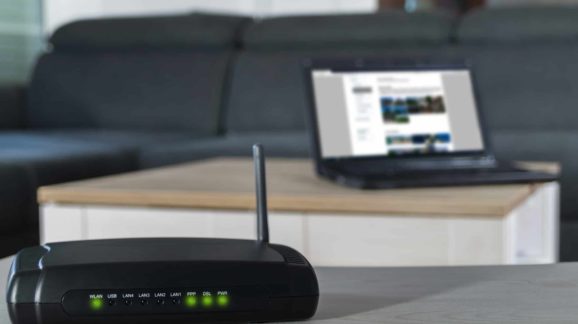Wi-Fi on wheels: FCC oversteps its authority with school bus ruling

Photo Credit: Getty
This week the Competitive Enterprise Institute filed an amicus brief regarding yet another case of mission creep in the Biden administration. In this instance, the Federal Communications Commission (FCC) decided to expand a congressionally authorized subsidy of telecommunications services in schools to include a subsidy of telecommunications services in school buses. The subsidy, known as E-Rate, is paid for by a universal service charge on telephone bills. When the FCC circulated a plan for this expansion last June, Sen. Ted Cruz (R-TX) and Rep. Cathy McMorris Rogers (R-WA) wrote to the chairwoman of the FCC, protesting against “expanding the FCC’s authority beyond current statutory and budgetary constraints.”
Despite that wise admonition, the FCC in October issued a declaratory ruling, which held that “the use of Wi-Fi, or other similar access point technologies, on school buses serves an educational purpose and, therefore, the service and equipment that enable it are eligible for E-Rate funding.” Two citizens who pay universal service charges on their telephone bills petitioned the US Fifth Circuit Court of Appeals for review of the ruling.
CEI filed an amicus brief supporting the petitioners. The FCC’s ruling, CEI argued, muddles two different provisions of the Telecommunications Act in an unsuccessful effort to justify its outcome. The ruling relied primarily on a provision that requires telecommunications carriers to provide telecommunications services at a discount “to elementary schools, secondary schools, and libraries for educational purposes.” However, the ruling made no finding that when a school bus is equipped with Wi-Fi, a telecommunications carrier would be providing those services to a school or library. Neither a school bus nor its passengers are a school or a library.
In a footnote, the FCC claimed that its ruling was also supported by a provision of the Telecommunications Act that authorizes the FCC to establish competitively neutral rules to enhance access to telecommunications services for all elementary and secondary school classrooms, health care providers, and libraries. Despite the FCC’s claim, this provision is inapplicable to the ruling. The ruling does not establish competitively neutral rules or enhance services to classrooms, health care facilities, or libraries. The ruling tries to equate school buses with classrooms, but its argument is merely a variation of the bromide that “the world is your classroom” and would deprive the act of any limitation to its coverage.
The FCC’s expansion of the subsidy to cover school buses is a transparent attempt to continue, without congressional authorization, a different subsidy that is about to expire. The American Rescue Plan Act of 2021 created a COVID-relief program that expressly permits subsidies for services and equipment “for use… at locations… other than the school… and other than the library.” That program has a statutory sunset date of June 30, 2024. In expiring, the program does not bequeath its authority to an earlier statute.
CEI urged the court to reverse the unlawful ruling and remand it to the FCC.